Is your allotment a pain in the backside?
For many, the allotment is a sanctuary – a place for fresh air, gentle exercise, and the satisfaction of growing your own food. But while tending your plot can be great for both body and mind, it’s also a surprisingly common source of aches, pains, and even serious injuries.
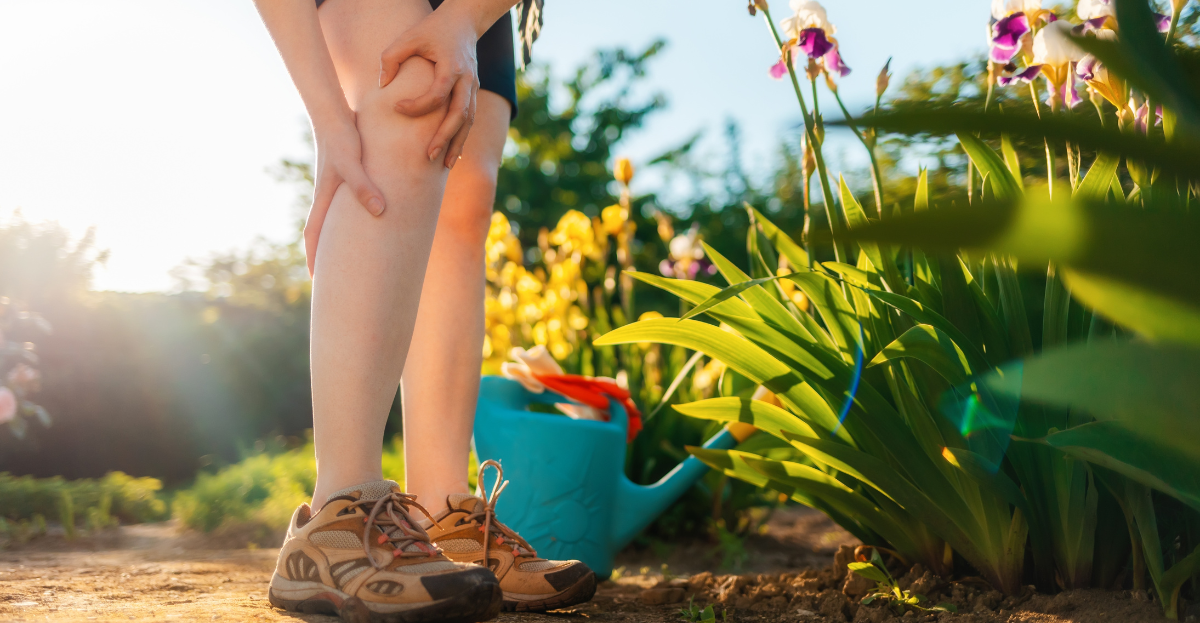
No one wants a pain in their backside or any other injury, for that matter, to spoil their enjoyment of their allotment, but if you’ve ever hobbled home after a day of digging or found yourself nursing a sore shoulder, you’re not alone.
Every year, hundreds of thousands of people in the UK end up injured in their gardens and allotments, with around 300,000 accidents reported, many serious enough to require hospital treatment. These injuries range from mild strains to serious fractures, often caused not just by sharp tools but by repetitive movements, poor posture, and slips or falls.
This year (2025), the theme of National Allotments Week (11-17th August) is ‘Allotments and Wellbeing’, and Paul has written this blog to highlight the most common injuries that might keep you away from your allotment!
1. Back and neck pain
Digging, lifting heavy bags of compost, or even bending over to weed for long periods can put enormous strain on your back and neck. Many allotment enthusiasts underestimate the cumulative effect of poor posture and repetitive bending, leading to muscle strains and even more serious spinal issues. Simple activities like lifting flowerpots (the second most dangerous item in the garden!) can result in acute pain or chronic discomfort if done incorrectly.
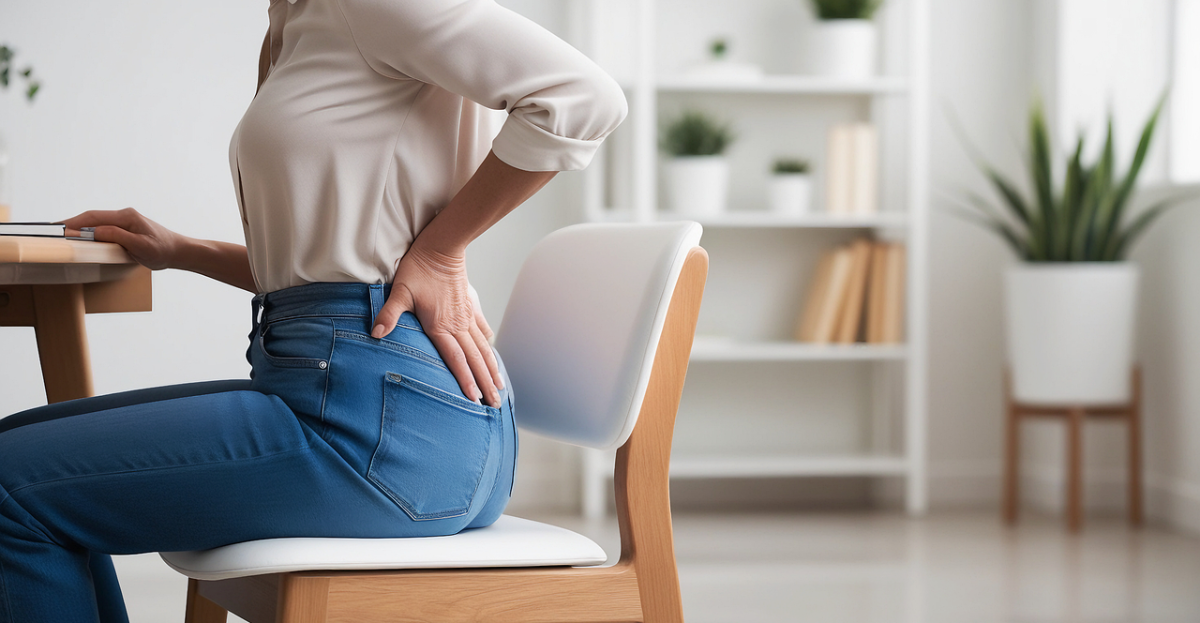
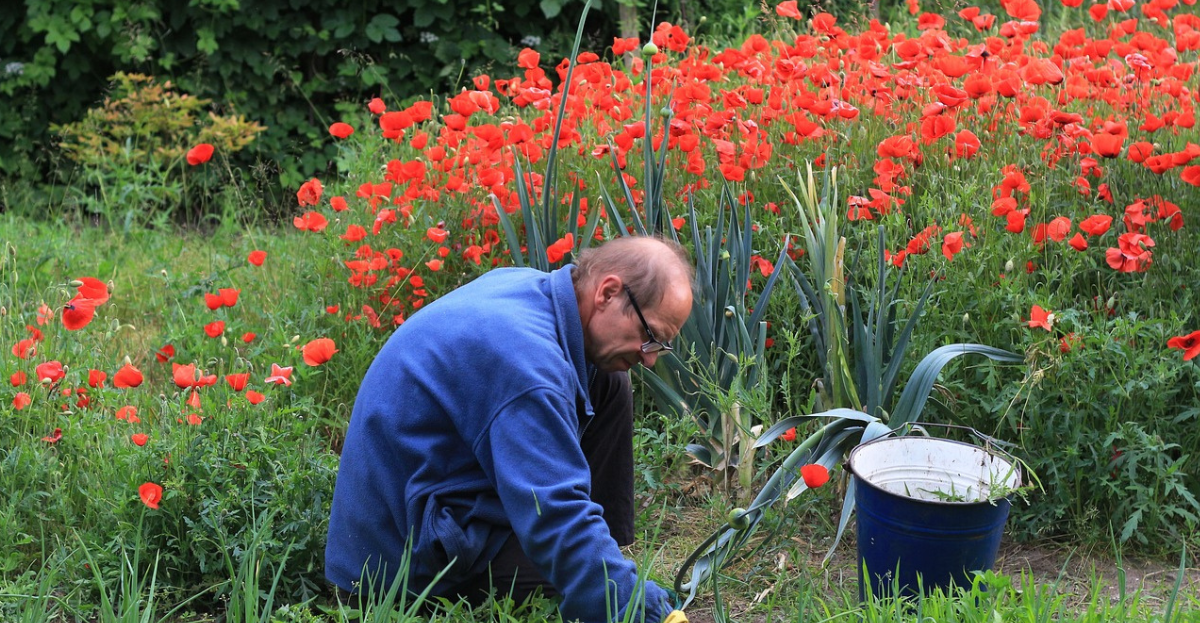
2. Repetitive strain injuries
Repetitive tasks such as weeding, digging, or pruning can cause repetitive strain injuries (RSI), particularly in the hands, wrists, and forearms. Symptoms like pain, stiffness, tingling, or numbness often develop gradually and worsen if ignored. We often see RSI cropping up more frequently in people over 45, and it’s not just bad luck! Here’s why:
– We Expect to Be 25 Forever: Many of us want to keep doing everything we’ve always done—gardening, DIY, or sports—without adjusting for changes in our fitness, weight, or flexibility. Our bodies, however, might have other ideas.
– Weekend Warrior Syndrome: After a week of sitting at a desk, it’s tempting to cram all the heavy lifting and digging into a single day on the allotment. That sudden burst of activity can be a shock to the system, and sometimes our tissues just aren’t ready for it.
– Ageing Tissues Need TLC: As we get older, our tendons and muscles naturally become a little less springy and resilient. They don’t always tolerate heavy loads or repetitive tasks as well as they used to.
3. Shoulder injuries
Shoulder pain can really put a damper on your time in the garden. As the most mobile joint in your body, the shoulder is involved in nearly every task—from reaching up to prune those stubborn branches, to digging, lifting, and raking. Unfortunately, this flexibility also makes it one of the most vulnerable joints, especially when it comes to repetitive or overhead activities so common in gardening.
It’s not unusual for keen gardeners to develop issues like rotator cuff strains or impingement syndromes rotator cuff strains or impingement syndromes. These overuse injuries often creep up after repeated use of tools such as secateurs, spades, or rakes, particularly if you’re working for long stretches without breaks or using poor technique. Over-exertion and awkward postures can make things worse, turning a minor niggle into a persistent ache that affects your day-to-day life.
The good news? Early assessment and the right treatment can make a world of difference. If you’re noticing shoulder pain that isn’t settling, don’t ignore it—getting on top of it early can help prevent those niggles turning into long-term problems that keep you away from the allotment.
4. Hip and knee arthritis
Gardening is a wonderful way to stay active, especially as we get older. However, repeated kneeling, squatting, and standing on uneven ground can aggravate existing arthritis in the hips and knees
or contribute to joint wear and tear over time. Older gardeners are also at higher risk of falls, which can lead to serious injuries such as hip fractures.
The uneven terrain of many allotments, combined with wet or slippery conditions, increases the risk of slips and trips. These accidents can exacerbate joint problems or cause new injuries that require lengthy recovery.
But don’t let arthritis keep you from your allotment! With a little planning – using raised beds, garden stools, or long-handled tools—you can reduce strain on your hips and knees and keep enjoying your time among the vegetables!
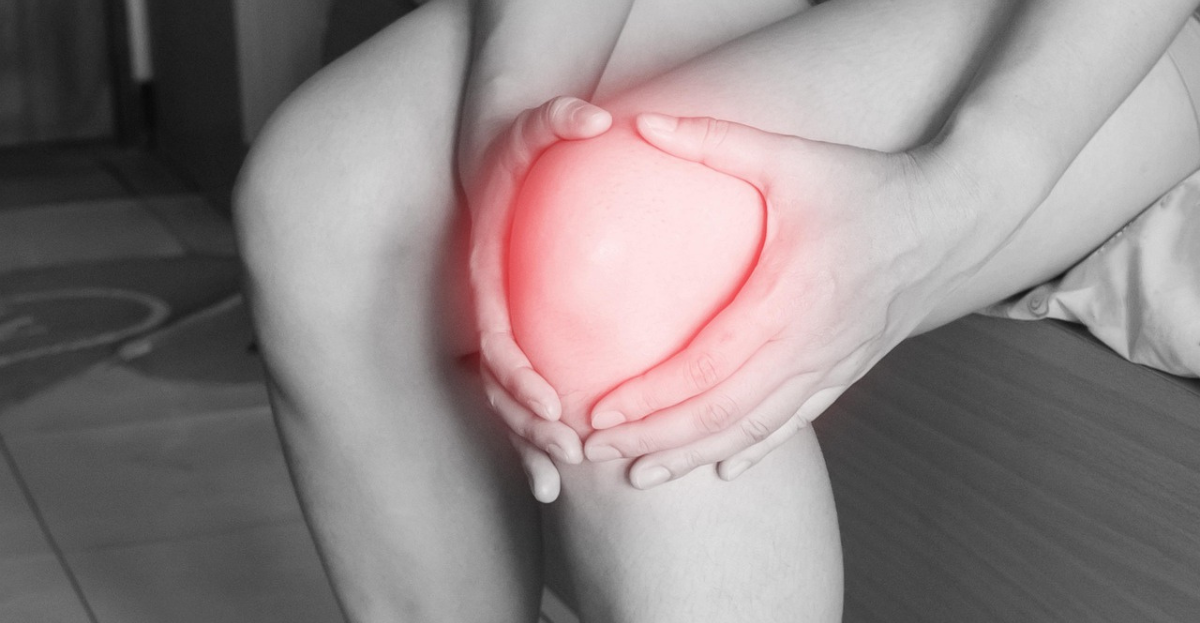
5. Sprains, strains and fractures
Trips, slips, and falls are among the leading causes of more serious injuries on the allotment. Sprained ankles, strained muscles, and even fractures can result from missteps on uneven paths, stepping on hidden tools, or falling from ladders or raised beds. These injuries can be painful and debilitating, sometimes requiring medical intervention and long periods away from your beloved plot.
Those eagle-eyed among you will surely be asking just one question… If flower pots are the 2nd most dangerous item in the garden, what is the most dangerous? The answer should comfort every allotment owner!
The most dangerous item in the garden is the lawnmower, which is associated with thousands of injuries annually, including cuts, amputations and other serious accidents, highlighting the importance of proper use and maintenance as well as wearing appropriate protective equipment when mowing.
Look out for our next blog to mark National Allotment Week, Safe & sound on your allotment: Top 10 tips to avoid injuries.
About the author
Paul Hattam
is a physiotherapist of over 30 years' experience but also loves time in the garden at work and at home. He has yet to discover the joys of an allotment but is not short of offers from friends and patients to help out! Paul founded The Physios Ltd – a leading private physiotherapy practice in Sheffield – which now enjoys an excellent reputation and offers a range of advanced services (including remote consultations). Do look around our website because it is packed full of helpful advice and exercises.
Become a National Allotment Society member and help to preserve and protect allotments for future generations.
You'll also gain a range of benefits, including free liability insurance, initial legal support, expert advice and much more.
